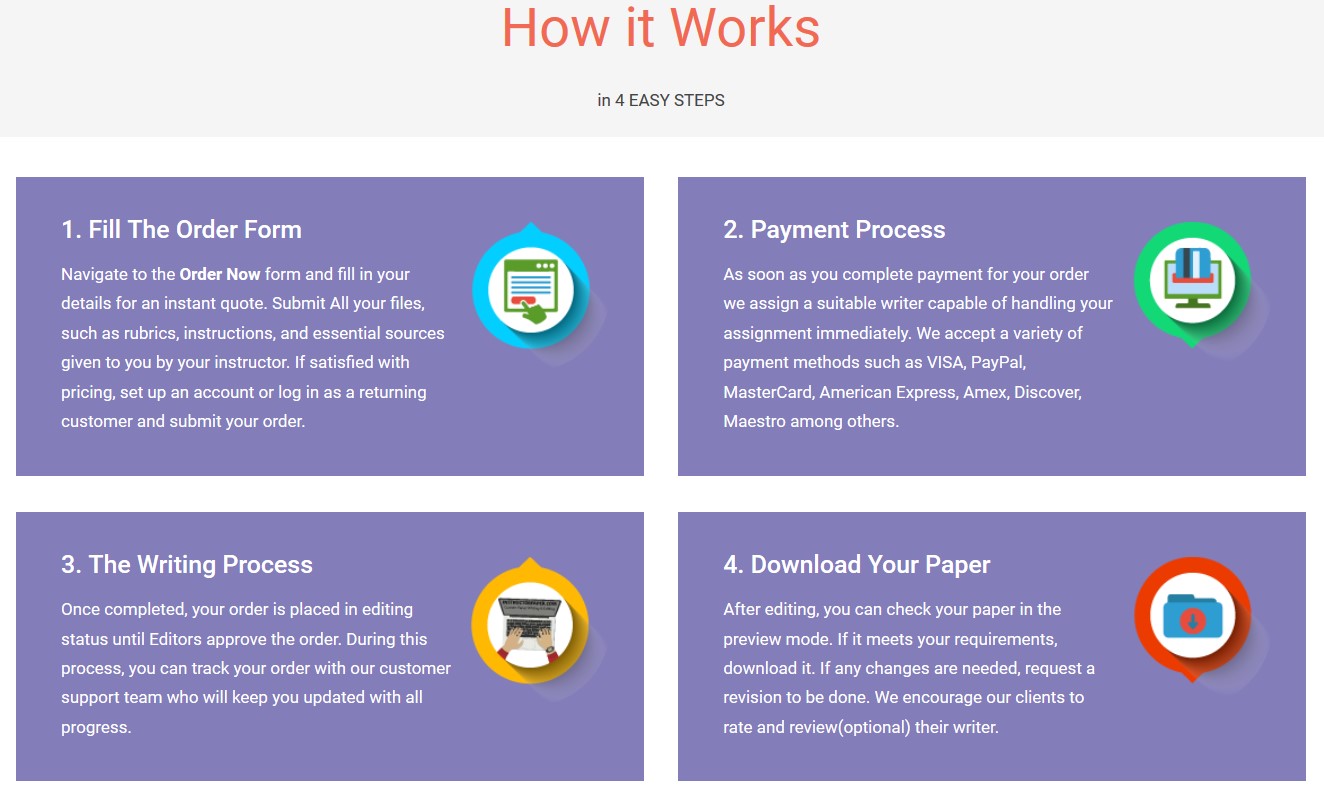Calculus discussion question | Calculus homework help
Visit www.calcview.comLinks to an external site., select Calculus: ETF 7e, Chapter 1 section 5, watch one of the videos, take written notes, summarize your notes and post them in the discussion forum.
Besides, choose one problem from # 48, 72, or 74 from section 1-5 page 49 and apply what you learned to solve it, show all the steps leading to the answer.
After you post your notes and solutions to the selected problem, review the notes and solutions from a classmate who watched a different video and solved a different problem. Discuss those notes and solutions with the classmate by asking follow-up questions or providing additional information or an alternate solution.
Quality Response
Your responses should be a minimum of three posts, and it should address all criteria in the rubric below:
- Your initial response should address the question in the Topic question. It should be substantial and follow the grading rubric below.
- Your responses to at least two classmates should focus on creating topical depth connections with peers to gain a varied and new insight into the topic.
Examples of quality posts:
- Provide the solution to a problem with a full explanation for each step.
- Ask a detailed question about a problem.
- Provide a significantly different solution to a solved problem.
- Discuss the concept in your own words.
Note: You might be tempted to search the Internet for sites that provide explanations or solutions.” If you use such sources, make sure to provide references and ultimately post in your own words. Plagiarism will not be tolerated. A good intention should not lead to a bad outcome.
"If this is not the paper you were searching for, you can order your 100% plagiarism free, professional written paper now!"


